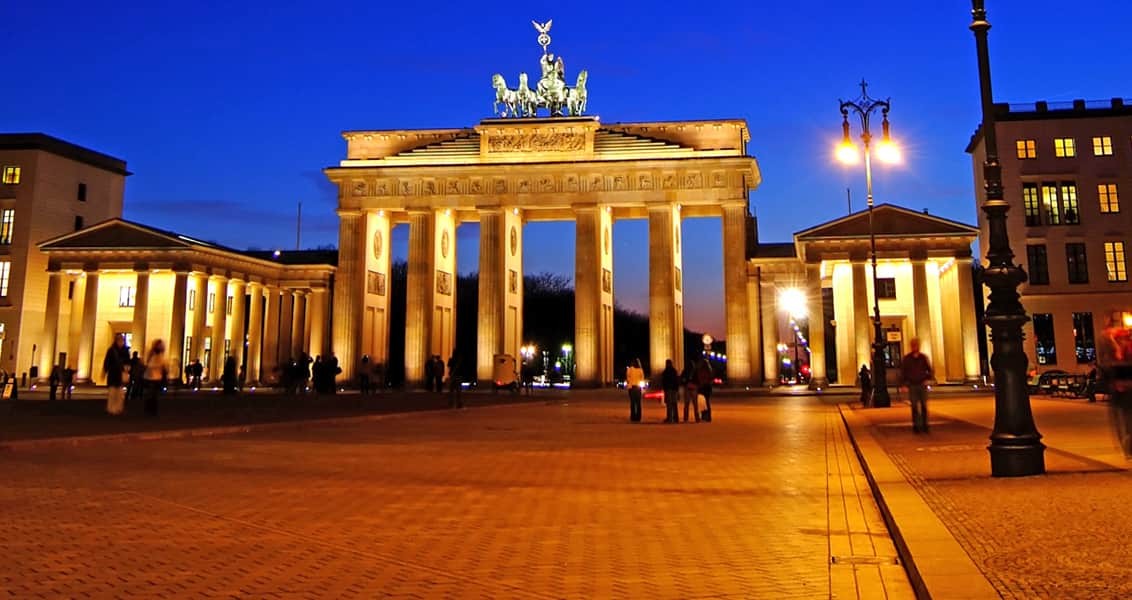
Threatening Turkey with FETÖ will Only Backfire
The German government's efforts to whitewash FETÖ, which staged a coup attempt last year, shows Berlin's disrespect toward Turkish democracy
Share
The German-led European Union has mobilized all its resources to stump for the "no" campaign ahead of Turkey's constitutional referendum. It would appear that they see the upcoming vote as their final chance to keep Turkey on a leash. As strongly worded statements from Turkey and Europe further strain relations, German officials made it clear that they are prepared to go all-in. Under the circumstances, the problems between Ankara and Berlin are unlikely to go away until the German elections in September.
President Recep Tayyip Erdoğan's charges of fascism against Germany in the wake of an arbitrary ban on public appearances by Turkish ministers caused uproar among German politicians. Social Democratic Party (SPD) Chairman Martin Schulz described Mr. Erdoğan's words as "brash" and claimed that Chancellor Angela Merkel's Turkey policy was misguided. Christian-Democratic Union (CDU) Deputy Chairwoman Julia Klöckner, likewise, argued that "the limits of diplomacy have been crossed" and urged the government to respond in a decisive manner.
Whether Merkel will respond to Turkey harshly is a question of campaign strategy and timing. But the German authorities are already taking steps against Ankara by allowing PKK members to march in Frankfurt and providing a safe haven to terrorist groups including the Gülenist Terror Group (FETÖ). Needless to say, Germany's deepest fear is that a new wave of refugees will reach Europe. If the Turks decide to void the refugee deal citing the European Union's failure to live up to its commitments would not just influence the German election. The resulting instability in Eastern Europe and the Balkans could seriously weaken the European Union itself.
In an effort to prevent Turkey from using refugees as a trump card, the German chancellor has been reaching out to various countries. According to media reports, she complained about Ankara during a trip to the White House last week. At the same time, Merkel's government has been taking steps to legitimize FETÖ operatives – who orchestrated the July 15 coup attempt. The German spy chief Bruno Kahl recently stated that there was no evidence linking Fetullah Gülen to the failed coup. He not only criticized the dismissal of Gülenists from state institutions but also described FETÖ as a civilian community striving for religious and secular education. If there was any doubt, Kahl's statement should be seen as the German state's response to Turkey's charge of fascism.
To be clear, the Germans are effectively threatening to legitimize the mastermind of last summer's coup attempt in the international arena and providing testimony by their intelligence chief to be used by dismissed Gülenists when they appear before European courts. As such, Berlin signals that they are willing to launch an anti-Turkey campaign citing the state of emergency.
Of course, not much has changed over the years. In the past, the German government did not go to great lengths to conceal their support for the PKK – which they themselves consider a terrorist organization on paper. Today, they say that FETÖ should be seen as part of civil society. In their own way, the Germans thereby tell Turkey that they will take steps to whitewash Gülen's crimes if Ankara annuls the refugee deal. By extension, the German government's threats indicate that FETÖ operatives could play a bigger role in Berlin's Turkey policy than serving as intelligence assets.
Personally, I believe that the Trump presidency's strategic influence on Europe will compel Germany to make a reset with Turkey. But the latest statements by German officials indicate that the brawl is far from over. By threatening to whitewash FETÖ, Berlin declares that it does not recognize the civilian initiative that defended Turkish democracy when tanks were rolling down the streets. To add insult to injury, they dare to use two great enemies of the Turkish people – the PKK and FETÖ - against Ankara. What the Germans fail to understand is that the democratic resistance of July 15 forms the basis of Turkey's new national identity. Targeting the resistance will not only unite the Turkish people against Germany but also render Europe's waning influence ineffective.
[Daily Sabah, March 21, 2017]
Tags »
Related Articles






